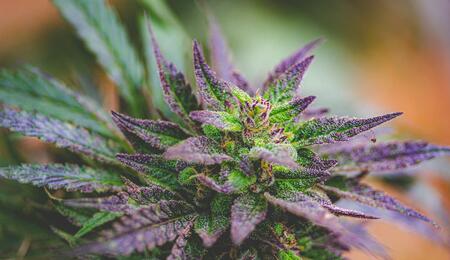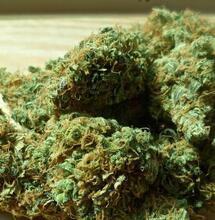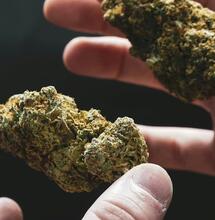Texas is Now the 40th State to Legalize Medicinal Marijuana

On June 21, the governor of Texas, Greg Abbott, signed a bill that decidedly legalizes medicinal marijuana in The Lone Star State. With that, 40 out of 50 U.S. states now regulate cannabis for medicinal purposes. At the same time, Texans lawmakers are pushing a ban on all hemp-derived THC, which threatens to erase a lucrative, multi-billion dollar cannabinoid market.
The new medical cannabis bill practically expands the Texas Compassionate Use Program (TCUP), under which cannabis patients in Texas so far had a pointedly limited and constrained access to cannabis medicines. The available marijuana medicines failed to meet medical standards for efficient treatment. Importantly, the new bill replaces the current 1 percent THC by weight limit with an up to 10 milligrams per dose limit, whereas packages should not exceed 1 gram of THC.
What Patients Could Use the Texas Medical Cannabis Program?
Bill HB46 adds new qualifying conditions such as chronic pain, Crohn’s disease, traumatic brain injury, terminal illness, and hospice care for dispensing of medicinal marijuana. It also makes new delivery methods available, including lotions, patches, suppositories, and non-smoked pulmonary inhalation. Raw cannabis flower, however, remains banned.
“For too long, the existing Texas Compassionate Use Program has been severely limited, leaving countless Texans without the relief they desperately need,” said Mr. Kevin Caldwell, a regional representative of the Marijuana Policy Project (MPP), the U.S. leading cannabis policy reform organization. “[Bill] HB 46 will expand access to medical cannabis, a relatively safe and effective treatment option that has long been sought by patients suffering from pain and several other medical conditions,” Caldwell added.
Lauren Daly, Interim Executive Director at MPP said that Texas has finally embraced “commonsense policy” which will allow “Texans facing serious medical conditions have access to a medicine that’s already successfully improving lives nationwide.”
While access to medical-grade cannabis remained indigent over the years, hemp-derived types of THC have burgeoned around Texas. Delta-8, Delta-9, and other intoxicating types of THC, including beverages, have been possible to purchase at gas stations and convenience stores, making it an extremely lucrative business, even though the state does not have a law for recreational use.
In absence of solid state medical program, the underregulated hemp sector in Texas did become an alternative source for many medical cannabis users, including over 60,000 veterans who opt for hemp-based THC products instead of alcohol or opioids.
Ban on THC May Erase Texas High-Profiting Cannabinoid Market
The cannabinoid industry in Texas generated $5.5 billion last year alone in sales revenue, $2.1 billion in wages and $267 million in tax collections, according to cannabis data firm Whitney Economics, CNN reported.
However, a separate bill, Senate Bill 5, threatens to ban all synthetically-made forms of THC and let only CBD and CBG stay legal. The bill was already read and passed twice in the Senate, the second time with a 21-8 vote on Friday, August 1, CBS News reported.
The THC ban bill could kill a market of 5,500 registered hemp sellers that enables tens of thousands of jobs. If passed by the House, only governor Abbott will have the ability to stop the market demise, by vetoing the bill. Gov. Abbott has already vetoed a similar proposal targeting all products containing THC earlier this year. He has specifically asked lawmakers to regulate hemp products - not outlaw them.
Opponents of the ban further say that outlawing THC will be a ‘gift’ to drug cartels operating in the region. If the Texas cannabinoid marketplace disappears, it will plainly push demand back into the black market.
More cannabis news from Soft Secrets:














